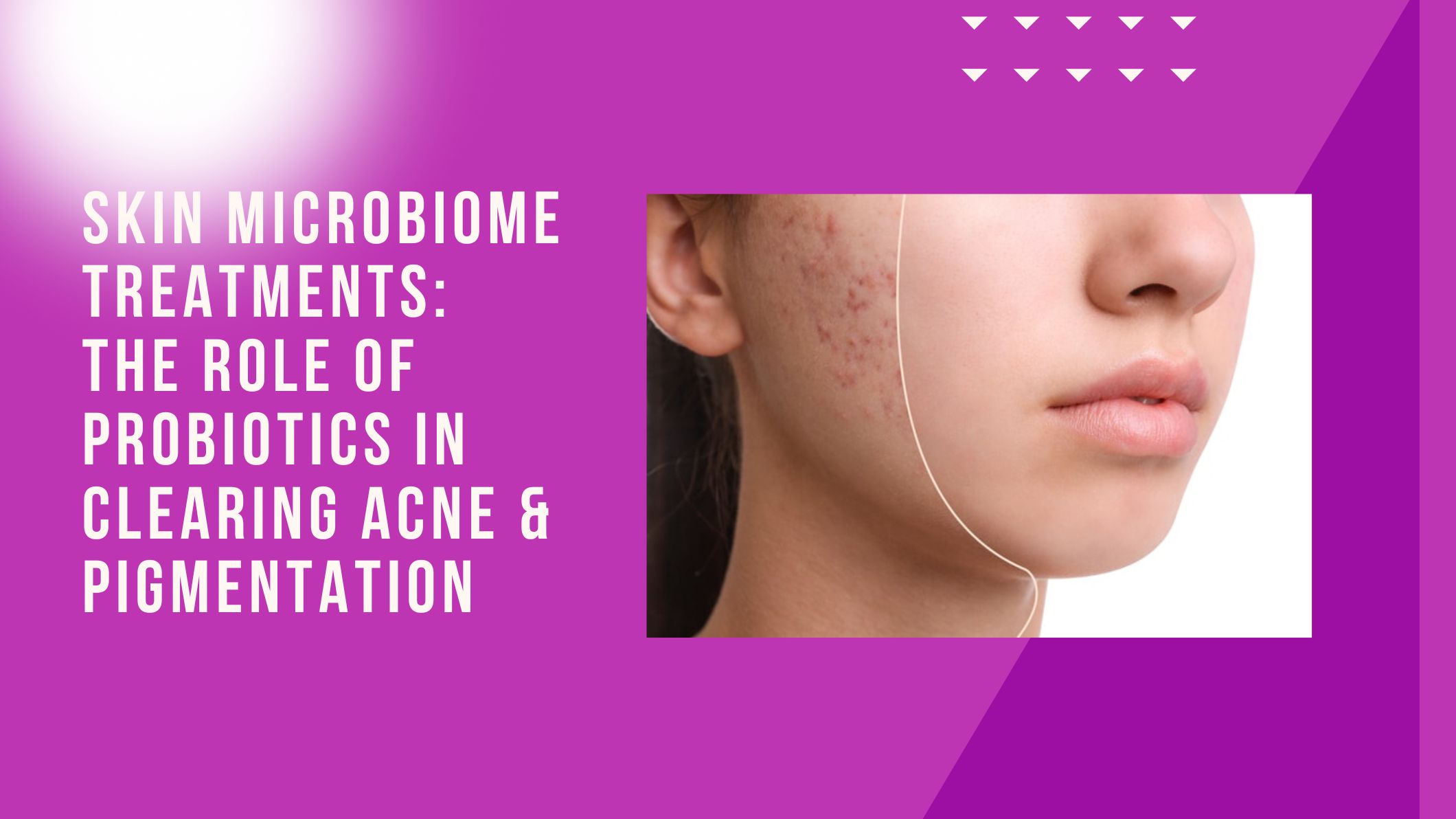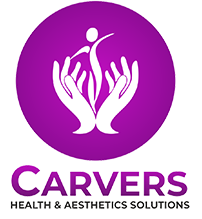
Skin Microbiome Treatments: The Role of Probiotics in Clearing Acne & Pigmentation
he human skin is a complex ecosystem, home to trillions of microorganisms, including bacteria, fungi, and viruses, collectively known as the skin microbiome. This invisible layer plays a vital role in maintaining the health and resilience of your skin. A balanced microbiome protects against harmful pathogens, regulates inflammation, and strengthens the skin barrier. However, factors like pollution, poor diet, stress, overuse of harsh skincare products, and antibiotics can disrupt this balance. When the microbiome is disturbed, skin issues such as acne, redness, irritation, and pigmentation can become more prominent. This is where probiotics come in — these “good bacteria” help restore harmony and support healthy, radiant skin.
How Probiotics Help Treat Acne and Pigmentation
Probiotics work by balancing the skin’s natural flora, preventing the overgrowth of harmful bacteria that trigger acne. They reduce inflammation, soothe irritation, and promote healing from within. By strengthening the skin’s barrier, probiotics also reduce water loss, keeping your skin hydrated and less prone to breakouts. In the case of pigmentation, probiotics play an equally important role. They help calm inflammatory responses that lead to post-acne marks and uneven skin tone. Moreover, probiotics produce natural antimicrobial peptides that protect against environmental stressors, while antioxidants in probiotic formulations help reduce oxidative damage from UV rays and pollution. This combination of anti-inflammatory and protective properties makes probiotic treatments effective for both acne control and brightening the complexion.
How to Incorporate Probiotics into Your Skincare Routine
Introducing probiotics into your skincare routine can be simple and effective. Start with probiotic-infused cleansers, serums, or moisturizers that support the growth of beneficial bacteria on the skin. Consistency is key — use gentle, microbiome-friendly products and avoid over-cleansing or using harsh exfoliants that strip away essential oils and good bacteria. You can also support your skin health internally by consuming foods rich in probiotics like yogurt, kefir, sauerkraut, and kombucha. Combining internal and topical probiotics creates a synergistic effect, promoting long-term skin balance and clarity. With regular use, probiotic skincare can help minimize acne, fade pigmentation, and enhance your skin’s natural glow without the side effects of harsh chemical treatments.
The field of probiotic skincare is rapidly evolving, offering a natural and scientifically backed approach to clearer, healthier skin. By nurturing the microbiome, you strengthen your skin’s natural defenses and address the root causes of acne and pigmentation rather than just the symptoms.
Carvers provides the best services regarding advanced skin treatments, including probiotic-based therapies, acne care, and pigmentation correction, helping you achieve glowing and balanced skin.
